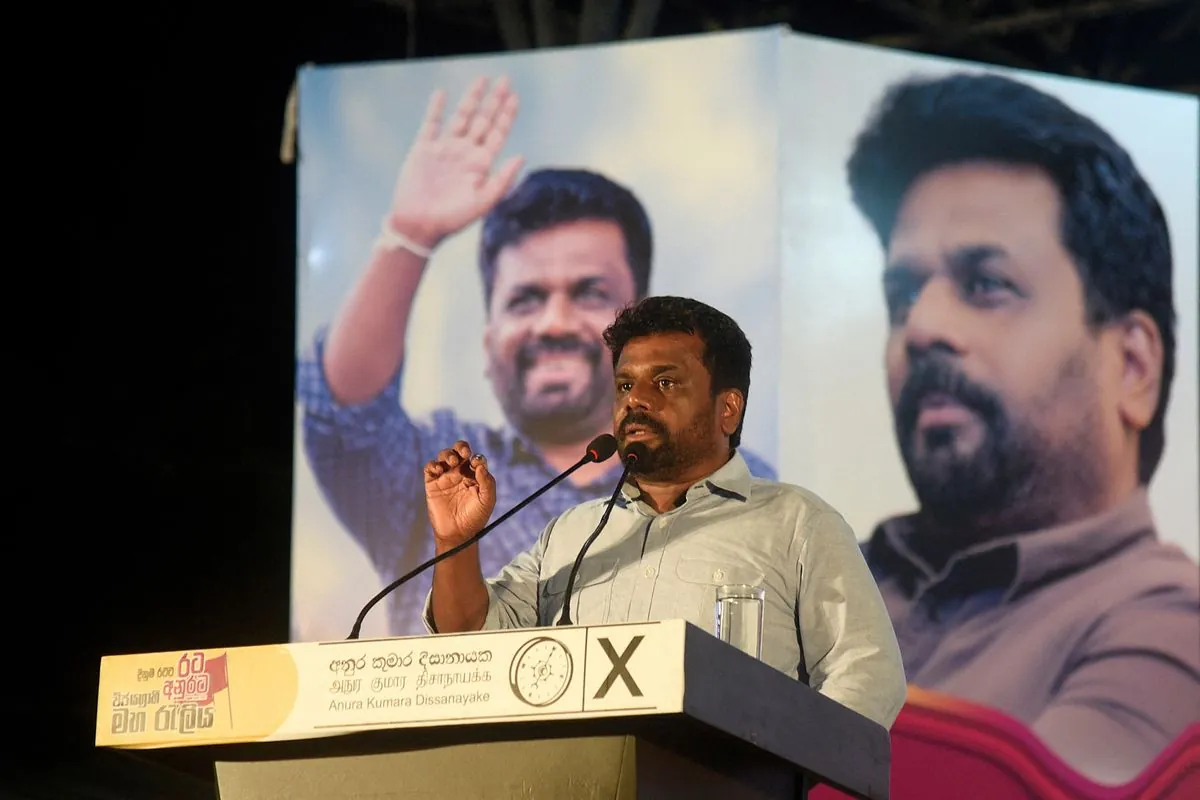Sri Lanka's political landscape has shifted dramatically with the election of Anura Kumara Dissanayake as the country's new president. The Marxist-leaning leader secured a decisive victory, appealing to a population grappling with widespread poverty. However, Dissanayake now faces the formidable task of reconciling his campaign promises with the economic realities of a nation emerging from its most severe financial crisis in seven decades.
The Indian Ocean island nation, known for its rich biodiversity and status as a global biodiversity hotspot, is at a critical juncture. Having defaulted on its foreign debt for the first time in its history in May 2022, Sri Lanka is now navigating the complexities of economic recovery while attempting to address the needs of its 22 million citizens.
Dissanayake's election comes at a time when Sri Lanka is striving to rebuild its economy, which contracted by 7.8% in 2022. The country's reliance on tea exports, tourism, and remittances has been severely tested, with the tourism industry still reeling from the impacts of the 2019 Easter Sunday bombings and the subsequent global pandemic.
The new president's pledge to expand welfare programs and renegotiate the terms of the $2.9 billion International Monetary Fund (IMF) bailout has raised concerns among investors and creditors. This uncertainty is compounded by the recent resignation of the prime minister, resulting in the dissolution of the cabinet.
"We've never had such a situation"
The IMF's scheduled review of Sri Lanka's reform progress, initially set for October 1, 2023, is now likely to face delays. This postponement could potentially affect the expected November 2023 payout of the next tranche of financial support.
Dissanayake's National People's Power (NPP) coalition holds only three seats in the 225-member parliament, presenting a significant challenge in implementing his proposed changes. The president has promised to dissolve parliament within 45 days of taking office and call for snap general elections, a move that could further delay critical economic decisions.
Despite these challenges, Dissanayake's commitment to tackling corruption has resonated with many Sri Lankans yearning for a fairer future. The country's universal healthcare system and high public expenditure on education provide a foundation for social welfare, but balancing these commitments with fiscal responsibility remains a delicate task.
The international community is closely watching Sri Lanka's next moves. The IMF has expressed its willingness to work with the new administration, stating, "We look forward to working together with President Dissanayake and his team towards building on the hard-won gains that have helped put Sri Lanka on a path to economic recovery."
As Sri Lanka navigates this complex political and economic landscape, the country's resilience is being tested. With a literacy rate exceeding 90% and a rich cultural heritage including eight UNESCO World Heritage Sites, the nation possesses significant human capital and tourism potential. However, addressing immediate challenges such as severe power shortages and currency devaluation will be crucial for sustainable recovery.
The coming months will be critical as Dissanayake attempts to chart a course that satisfies both domestic expectations and international obligations. The success of his presidency may well hinge on his ability to strike a delicate balance between social welfare and economic pragmatism, all while maintaining the support of a fragmented parliament and a watchful international community.
